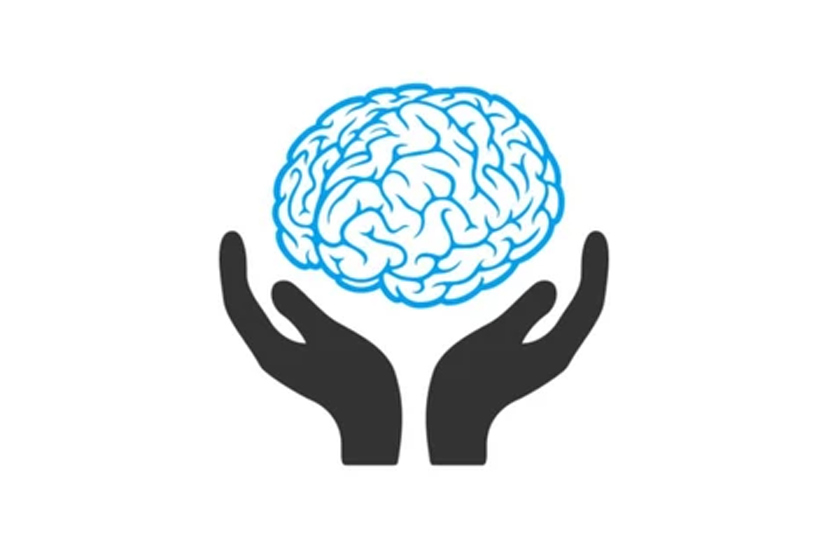In my Sustainable Schedule frameworks, I use neuroscience to inform and guide my client’s journey. Specifically, I use the NeuroLeadership Institute’s Healthy Mind Platter as developed by David Rock, Daniel J. Siegel, Steven A.Y. Poelmans and Jessica Payne. They assert that, in order to achieve optimal brain function, it is necessary to equally value and set aside time for each facet of a Healthy Mind Platter.
Their recommendation includes facets such as: Sleep Time, Physical Time, Focus Time, Connecting Time, Play Time, Down Time, and Time In. While a few of these areas may be immediately recognizable as important for everyone to prioritize, not many of us give each equal value. Yet these areas represent everyday activities that are essential to holistic, optimal brain health.
Balanced schedules are foundational to living your best life. Are you addressing questions such as:
- Are you sleeping enough?
- Are you devoting time to self reflection?
- Do you have a supportive social circle?
- Are you moving your body every day?
- Do you schedule time to intentionally focus on certain tasks?
- Are you involved in Play Time activities?
- Do you have time to day dream and let your mind wander?
A well-rounded Healthy Mind Platter includes time set aside for each of these. Unfortunately, there is often a disproportionate amount of importance assigned to Focus Time in today’s society. It is, of course, highly valued in work environments, but it is just one of the many areas that require the assignment of intentional time throughout the day in order to be optimally functional.
The Healthy Mind Platter can be divided into three categories: Physical Needs, Social Needs, and Cognitive Needs. By addressing all of these needs as a whole, I am providing a holistic Sustainable Schedule Coaching experience for my clients.
Physical Needs include Sleep Time and Physical Time. Sleep Time is vitally important for us because it is necessary for refreshing the mind and body as well as consolidating memory. Sleep time also allows for Spacing to happen.
Equally important is Physical Time. Physical exertion, through exercise or other means, is critical in improving the brain’s plasticity as well as producing expected physical benefits including weight control, disease prevention, and immune system support. If clients are not addressing both needs appropriately, then we can work together to ensure both are scheduled into their day-to-day agendas.
Connecting Time and Play Time are considered to be the Social Needs of the Healthy Mind Platter. Connecting Time is important because social support has beneficial effects on the cardiovascular, endocrine, and immune systems as well as the benefits derived from satisfying social relationships.
Play Time not only enhances creativity but also the capacity to adapt when faced with changing circumstances, especially when such circumstances involve social cues and behavior. For clients who have families, these needs may be easy to address. It may be harder to address for those clients who have fewer socializing opportunities, but is still as important for their Social Needs.
Down Time and Time In are the Cognitive Needs, both similar but designedly distinct needs. Down Time allows our minds to freely wander in no particular direction, setting the stage for insight and permitting a process within the brain called integration – the linkage of differentiated parts – to naturally unfold.
Time In, on the other hand, involves intentional relaxation, reflection, or mindfulness. Self-reflection, when done in a non-judgmental and accepting manner, increases our ability to choose our responses instead of succumbing to automatic (and potentially problematic) physical, mental, and emotional responses. While these needs are often neglected, it is my duty as a coach to encourage my clients to make time for both.





